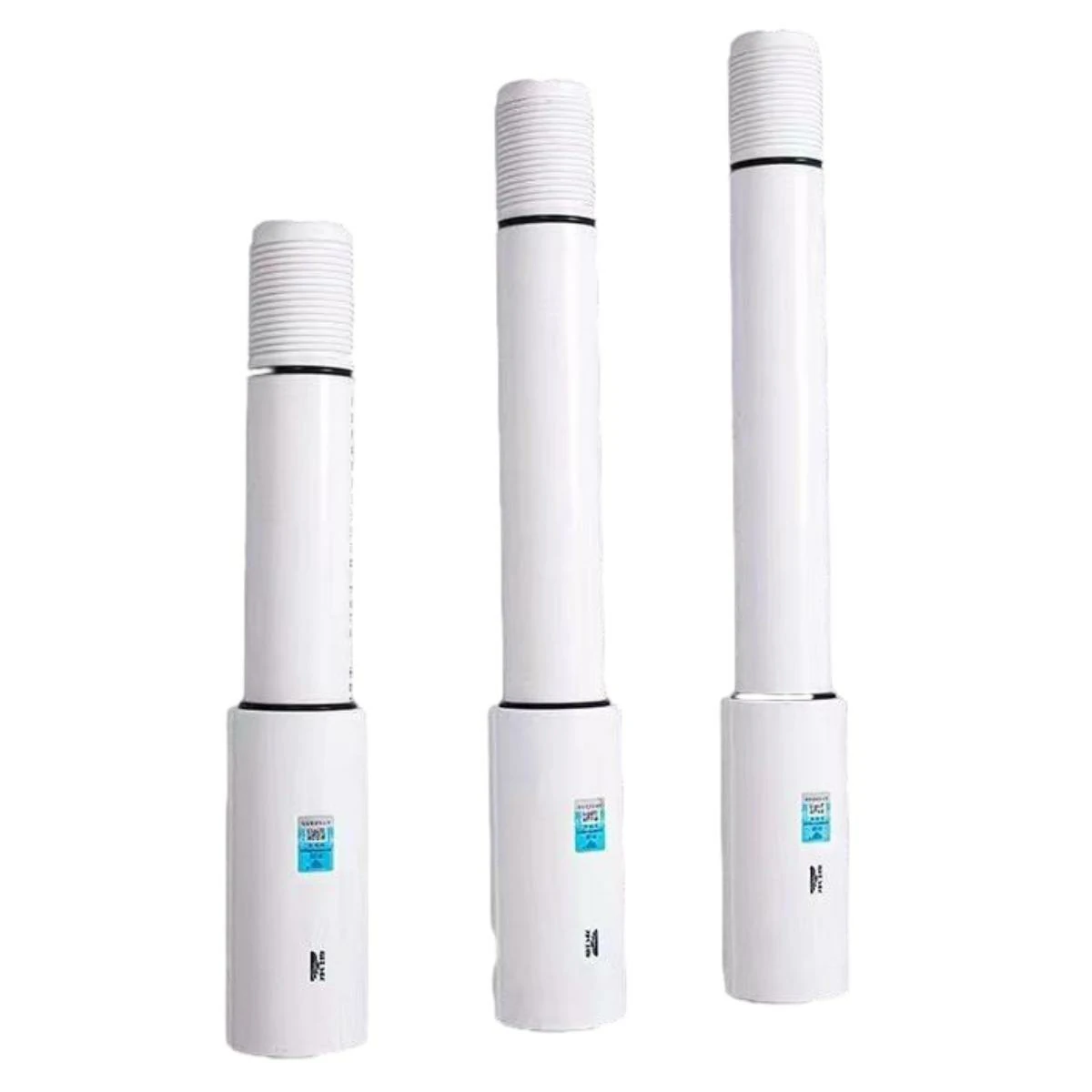Sep . 30, 2024 13:03 Back to list
Top Manufacturers of HDPE Sewer Pipes for Reliable Drainage Solutions
Understanding the Impact of HDPE Sewer Pipe Manufacturers on Infrastructure Development
High-Density Polyethylene (HDPE) sewer pipes have revolutionized the construction and maintenance of wastewater management systems throughout the world. As urban areas expand and infrastructure demands increase, the role of HDPE sewer pipe manufacturers becomes increasingly critical. Their innovations not only promote better waste management but also contribute to more sustainable and durable building practices. In this article, we will explore the significance of HDPE sewer pipe manufacturers, their production processes, benefits of HDPE pipes, and the challenges they face in the market.
The Production of HDPE Sewer Pipes
HDPE pipes are manufactured through a process called extrusion, where plastic pellets are heated and formed into a continuous pipe. This allows for the consistent production of pipes with specific diameters and lengths tailored to meet various project needs. Leading manufacturers utilize state-of-the-art technology to ensure that the pipes produced comply with national and international standards. They often employ advanced quality control measures to monitor the mechanical properties and durability of their products, which are vital for underground applications that can last for decades.
Benefits of HDPE Pipes
1. Durability and Longevity One of the most significant advantages of HDPE pipes is their high resistance to corrosion and chemical degradation. Unlike traditional materials such as concrete or metal, which can deteriorate over time, HDPE pipes can maintain their integrity for 50 years or more under normal conditions. This longevity reduces the frequency of replacements and maintenance costs, making HDPE a cost-effective option for municipalities and construction companies.
2. Flexibility and Lightweight Nature HDPE pipes are known for their flexibility, which allows them to withstand ground movements and shifting soil conditions without breaking. Additionally, their lightweight design facilitates easier handling and installation, ultimately reducing labor costs and time during construction.
3. Cost-Effectiveness The reduced need for maintenance, along with lower material costs and installation expenses, makes HDPE an economical choice for sewer systems. This is particularly important for municipalities that have limited budgets for infrastructure projects.
4. Environmental Benefits HDPE is a 100% recyclable material, contributing positively to environmental sustainability. Manufacturers are increasingly adopting recycling processes in their production lines, further reducing wastage and promoting a circular economy. Moreover, the lightweight nature of HDPE pipes means lower transportation emissions during delivery to construction sites.
hdpe sewer pipe manufacturers

The Market Dynamics
Despite the many advantages, HDPE sewer pipe manufacturers face several challenges in the industry. Competition from traditional materials and alternative pipe technologies often puts pressure on pricing strategies. Furthermore, the need for continued investment in research and development is crucial to stay ahead in an evolving market. Innovations in HDPE technology, such as enhanced polyethylene formulations that offer improved performance characteristics, exemplify how manufacturers are adapting to market demands.
Regulatory challenges also play a significant role in shaping the landscape for HDPE pipe manufacturers. Compliance with environmental and safety regulations can impose additional costs on production, thereby affecting pricing and market competitiveness. Manufacturers must constantly update their practices to ensure they meet both local and international standards.
Future Trends and Innovations
The future of HDPE sewer pipe manufacturing looks promising as the demand for better infrastructure continues to grow. Innovations such as smart pipes equipped with sensors to monitor flow rates and detect leaks will likely become more prominent, enhancing maintenance strategies and promoting water conservation efforts.
Moreover, collaboration between manufacturers and municipalities can lead to tailored solutions that address specific regional challenges. The focus on sustainability will also drive manufacturers to develop more efficient production methods that minimize environmental impact.
Conclusion
In conclusion, HDPE sewer pipe manufacturers play a vital role in the infrastructure development landscape. Their commitment to producing durable, environmentally friendly, and cost-effective solutions is essential for meeting the demands of modern urban living. As the industry faces numerous challenges, investment in innovation and adherence to evolving regulations will be crucial for these manufacturers to thrive. With the growing emphasis on sustainability, the future of HDPE piping technology looks bright, promising improved waste management systems worldwide.
-
High-Quality PVC Borehole Pipes Durable & Versatile Pipe Solutions
NewsJul.08,2025
-
High-Quality PVC Perforated Pipes for Efficient Drainage Leading Manufacturers & Factories
NewsJul.08,2025
-
High-Quality PVC Borehole Pipes Durable Pipe Solutions by Leading Manufacturer
NewsJul.08,2025
-
High-Quality PVC Borehole Pipes Reliable PVC Pipe Manufacturer Solutions
NewsJul.07,2025
-
High-Quality UPVC Drain Pipes Durable HDPE & Drain Pipe Solutions
NewsJul.07,2025
-
High-Quality Conduit Pipes & HDPE Conduit Fittings Manufacturer Reliable Factory Supply
NewsJul.06,2025

